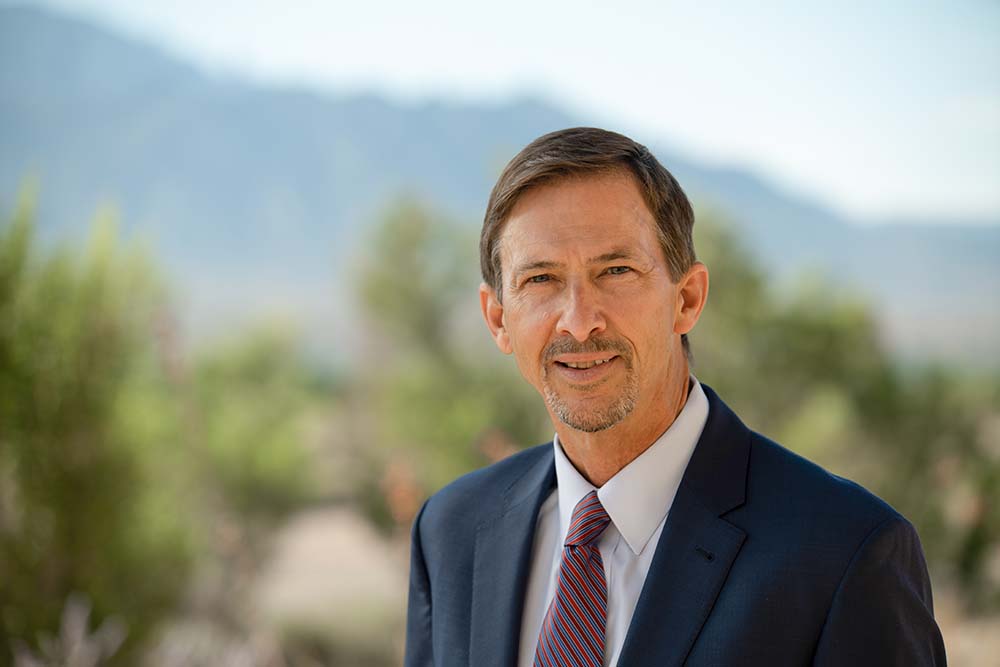
- Details
- By Robert Dahl - AMERIND
Insights from Robert Dahl, a Thought Leader in the Tribal Insurance Space
It’s time Tribes exercise their sovereignty and self-determination over their economies, including protecting their employees through unique Tribal Workers’ Compensation programs.
When Tribes purchase conventional, statutory workers’ compensation policies, they are not only signing up for a standard, one-size-fits-all model, they’re waiving their sovereign immunity and subjecting themselves to state jurisdiction and courts. Furthermore, statutory workers’ compensation policies leave Tribes vulnerable to the litigation that runs rampant in state systems.
Utilizing an arbitration type format, AMERIND helps Tribes avoid lengthy court battles. This more informal process saves Tribes considerable legal expense. Owned by more than 400 Tribes, AMERIND is tax-exempt and free from state workers’ compensation laws and regulation. Doing business sovereign to sovereign with AMERIND means saving money by avoiding state and federal taxes and fees. Thus, AMERIND’s expense ratio is typically 10-15% less than other insurance carriers.
Another easy way for an employer to take control of their program and save money is through a Return-to-Work program. An employer can reduce or eliminate the indemnity cost of a claim—or wage-loss piece—by bringing an employee back to work through a modification of their job duties, thus accommodating any restrictions set by a doctor. Designating a medical provider or clinic can aid in this process. Bringing an employee back to work faster keeps them connected with their employer, lessening the likelihood of them seeking an attorney, which reduces potential litigation costs. The AMERIND TWC team will work with an employer to assist them in establishing a successful Return-to-Work program.
When Tribes Protect Tribes, we create opportunity for the economic sustainability and growth of Indian Country. AMERIND’s TWC program keeps money circulating in Indian Country.
Help us defend tribal sovereignty.
At Native News Online, our mission is rooted in telling the stories that strengthen sovereignty and uplift Indigenous voices — not just at year’s end, but every single day.
Because of your generosity last year, we were able to keep our reporters on the ground in tribal communities, at national gatherings and in the halls of Congress — covering the issues that matter most to Indian Country: sovereignty, culture, education, health and economic opportunity.
That support sustained us through a tough year in 2025. Now, as we look to the year ahead, we need your help right now to ensure warrior journalism remains strong — reporting that defends tribal sovereignty, amplifies Native truth, and holds power accountable.
 The stakes couldn't be higher. Your support keeps Native voices heard, Native stories told and Native sovereignty defended.
The stakes couldn't be higher. Your support keeps Native voices heard, Native stories told and Native sovereignty defended.
Stand with Warrior Journalism today.
Levi Rickert (Potawatomi), Editor & Publisher
